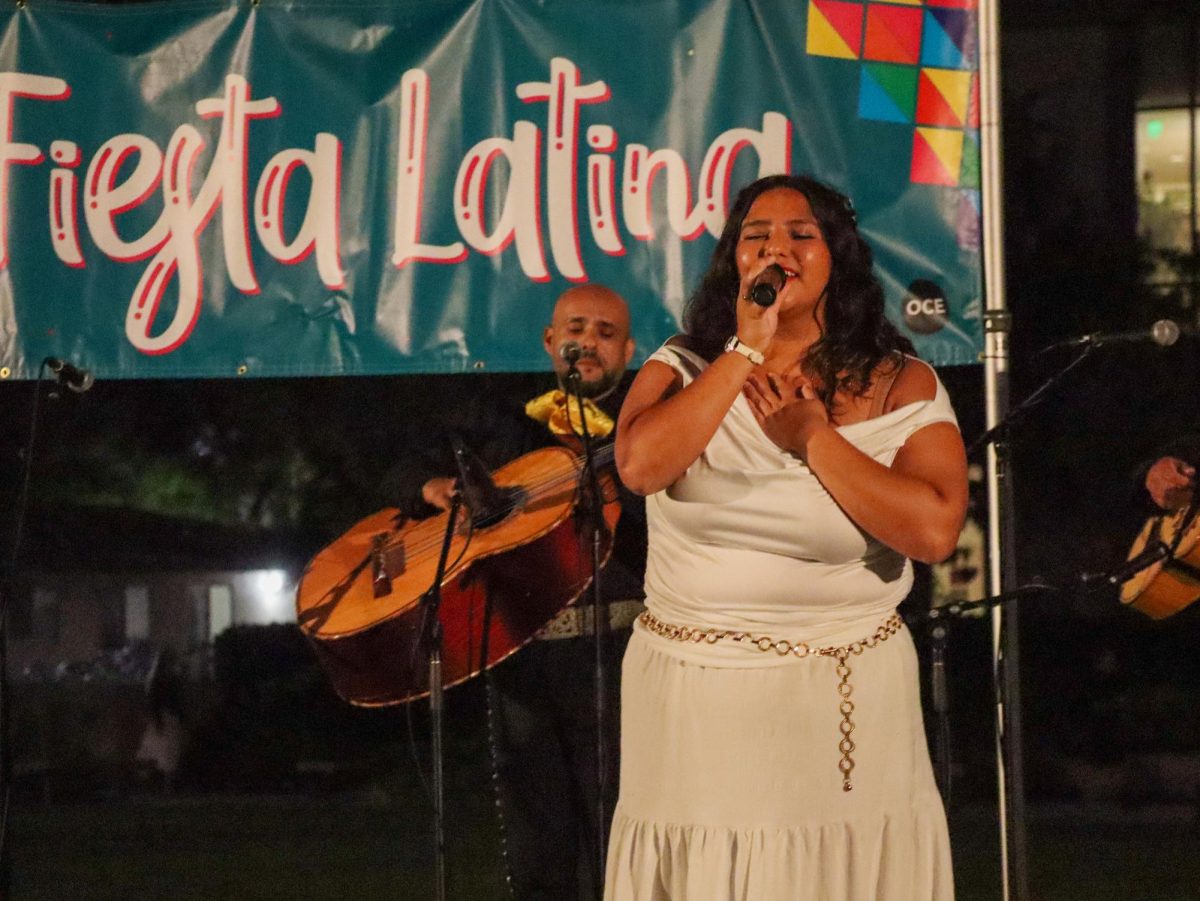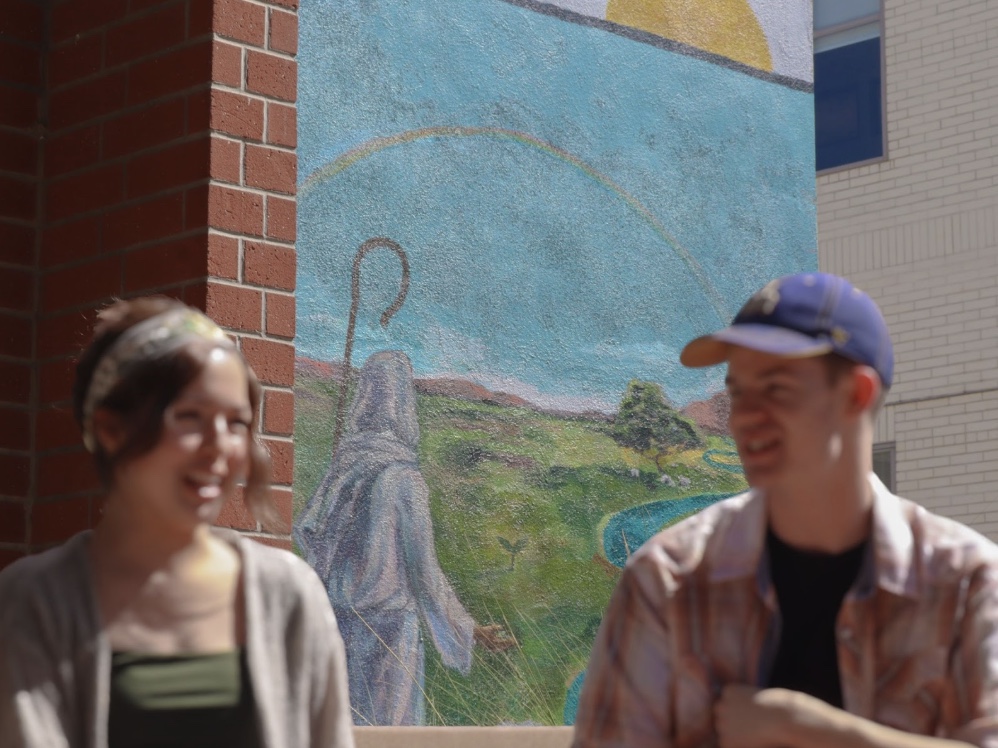True or false? Women are beautiful and captivating and men are not. True or false? Men give love to get sex and women give sex to get love. True or false? All men lead better than all women.
These were some of the stereotypes addressed at this week’s Coalition for Social Action’s chapel series, “Mind the Gap: The Impact of Gender” this week. These stereotypes caused some Biola students to realize hurtful cultural stereotypes that have been engrained in their minds regarding the opposite sex.
“I didn’t realize the pervading myths that society has had about gender and the myths I’ve carried with me ever since I was a small child,” said freshman Michelle Onuorah after Monday night’s chapel with Dale and Jonalyn Fincher.
Jonalyn, author of “Ruby Slippers,” referenced the Grimm’s gruesome version of Cinderella, portraying the stepsisters as each cutting off parts of their feet to fit them into the glass slipper. Though each had beautiful feet, the girls thought they needed to fit into a certain mold in order to be beautiful.
“Perhaps God has a wider space for your gender,” said Jonalyn.
Dale and Jonalyn Fincher punctuated two main points in Monday’s chapel. First, abuse is happening all around us and we allow it to continue with our silence. Second, anyone involved in gender abuse can be redeemed.
By focusing on the roots of gender issues, the Finchers hope to be offensive rather than defensive. They encourage each student to think of his or her sex, and of the other sex, in ways that bring glory to God. Abuse, they said, begins in minds and beliefs, so one must recreate beliefs to disallow abuse from seeping out in actions.
Alicia Miller, this year’s chair for AS Coalition for Social Action, began this process of what is called “deconstruction” two to three years ago. She started thinking of this week with plans to cover huge topics of honor killings or female genital mutilation, thinking huge topics would be easier to focus on for the week. The series instead became a discussion about worldviews and more paradigm-focused than action-focused.
“I see this as a starting point,” Miller said. “Many students feel they are failing in some way if they are not taking action. But, a response can be a broadening of their worldview. I hope to stimulate questions and to allow for the community to become, as Jonalyn and Dale said, more appropriately human.”
But, now that all the single ladies have put their hands up, the next step in the process seems to be hazy. This week’s events were plagued with a consistent male to female ratio of about one to five.
To this, Dale Fincher explained, “Whoever possesses power in a culture doesn’t consider themselves as gendered, just as with race or sexuality.”
The next step for students like Onuorah is to seek after biblical truth, to explore what the Bible actually says and to dig deep into it, said Miller. But this process is not done alone, according to Jonalyn Fincher, who shared personal difficulties regarding gender and identity.
“We are wounded in community,” she said. “But, we are also healed in community.”
The next step for film major Tiffany Castro is to “become more comfortable in my own skin.” The film industry is male-dominated, she said, and she has been intimidated with sharing her thoughts and feelings. Now, she realizes that, in reality, God did not intend for her to feel this way.
Tuesday night’s panel of female faculty may have been the gut punch necessary to bring awareness to experiences of women in specific professions. Five women faculty shared personal and professional insights into their lives, speaking of trauma through sexual assault, of a changed social identity through motherhood, of societal marginalization of any “non-normal” type of female personality and of the term, “feminism.”
“Hearing from each woman on Tuesday night has caused me to reevaluate how I view women in leadership positions,” said freshman and CSA member Conner Cress.






